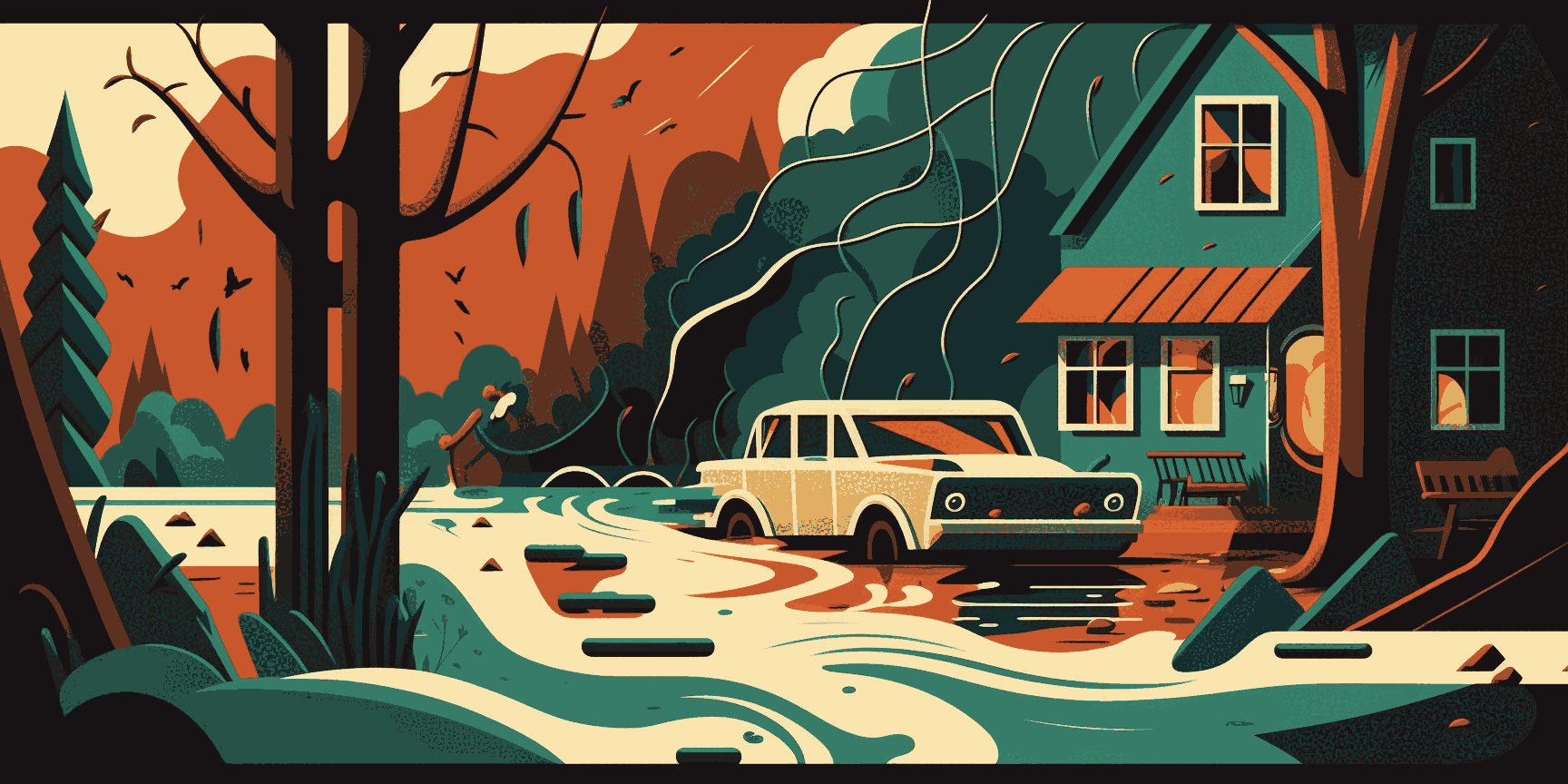Climate Crisis And Groundwater Flooding: Causes, Impacts, And Differences From Other Types Of Floods
Did you know that groundwater flooding, caused by climate change, can be just as damaging as other types of floods?
Table Of Content
- Introduction
- What Is Groundwater Flooding?
- Causes Of Groundwater Flooding
- How Groundwater Flooding Differs From Other Types Of Floods
- Impacts Of Groundwater Flooding
- Conclusion
- Cause
- Is Caused By
Introduction
The increasing global temperature caused by climate change is leading to a range of environmental problems, one of which is groundwater flooding. While most people are familiar with riverine, flash, waterlogging, urban, and coastal flooding, groundwater flooding is not as well-known. However, it is a serious and growing problem in many parts of the world. In this article, we will explore what groundwater flooding is, how it is caused by climate change, and how it differs from other types of floods.
What Is Groundwater Flooding?
Groundwater flooding occurs when the water table, which is the natural level of groundwater in the soil, rises to the surface. This can happen during heavy rainfall or when the soil is already saturated, such as after a period of prolonged rain. When the water table rises, water can seep into buildings and cause damage to properties and infrastructure. Groundwater flooding can also affect agricultural land, damaging crops and soil quality.
Causes Of Groundwater Flooding
Climate change is a major cause of groundwater flooding. The rising global temperature is leading to more frequent and intense rainfall events, which can saturate the soil and cause the water table to rise. Additionally, higher temperatures can lead to increased evaporation, which reduces the amount of water in the soil and can cause the water table to drop. This can then lead to subsidence, which can damage buildings and infrastructure.
Other factors that can contribute to groundwater flooding include urbanization, which can reduce the amount of land available for infiltration of rainfall, and land use changes, such as deforestation or the conversion of agricultural land to urban use.
How Groundwater Flooding Differs From Other Types Of Floods
Groundwater flooding differs from other types of floods in several ways. Unlike riverine or flash flooding, which is caused by surface water overflowing onto land, groundwater flooding occurs when the water rises from below the surface. Groundwater flooding also tends to occur over a longer period than other types of floods, as it takes time for the water table to rise and fall. This can make it difficult to predict and respond to, as it may not be immediately obvious that flooding is occurring.
Waterlogging is another type of flood that is similar to groundwater flooding, but it typically occurs when the soil becomes saturated at the surface, rather than the water table rising. Urban flooding is also similar to groundwater flooding in that it can be caused by the inability of the soil to absorb rainfall, but it is usually more localized and occurs in urban areas.
Coastal flooding, on the other hand, is caused by a combination of storm surges, high tides, and sea level rise. It is typically more sudden and intense than groundwater flooding and can be caused by weather events such as hurricanes and cyclones.
Impacts Of Groundwater Flooding
Groundwater flooding can have significant impacts on both people and the environment. It can cause damage to buildings and infrastructure, leading to costly repairs and insurance claims. It can also affect agriculture, damaging crops and reducing soil quality. In addition, groundwater flooding can contaminate drinking water supplies, as the water can pick up pollutants from the soil and transport them to groundwater sources.
Conclusion
Groundwater flooding is a serious and growing problem caused by climate change. It differs from other types of floods in that it is caused by the rising water table rather than surface water overflow, and can occur over a longer period. It can have significant impacts on people, the environment, and infrastructure, making it important to take steps to prevent and mitigate its effects.




